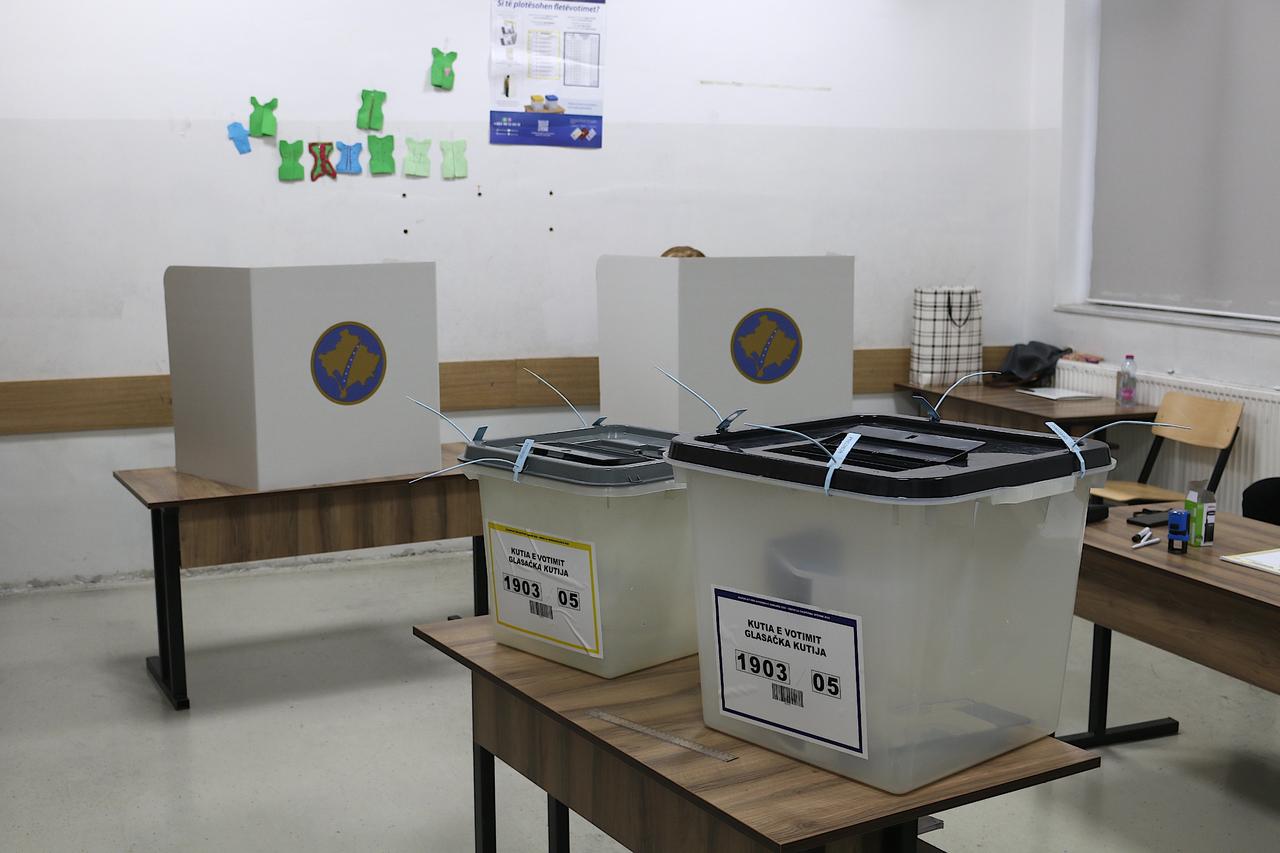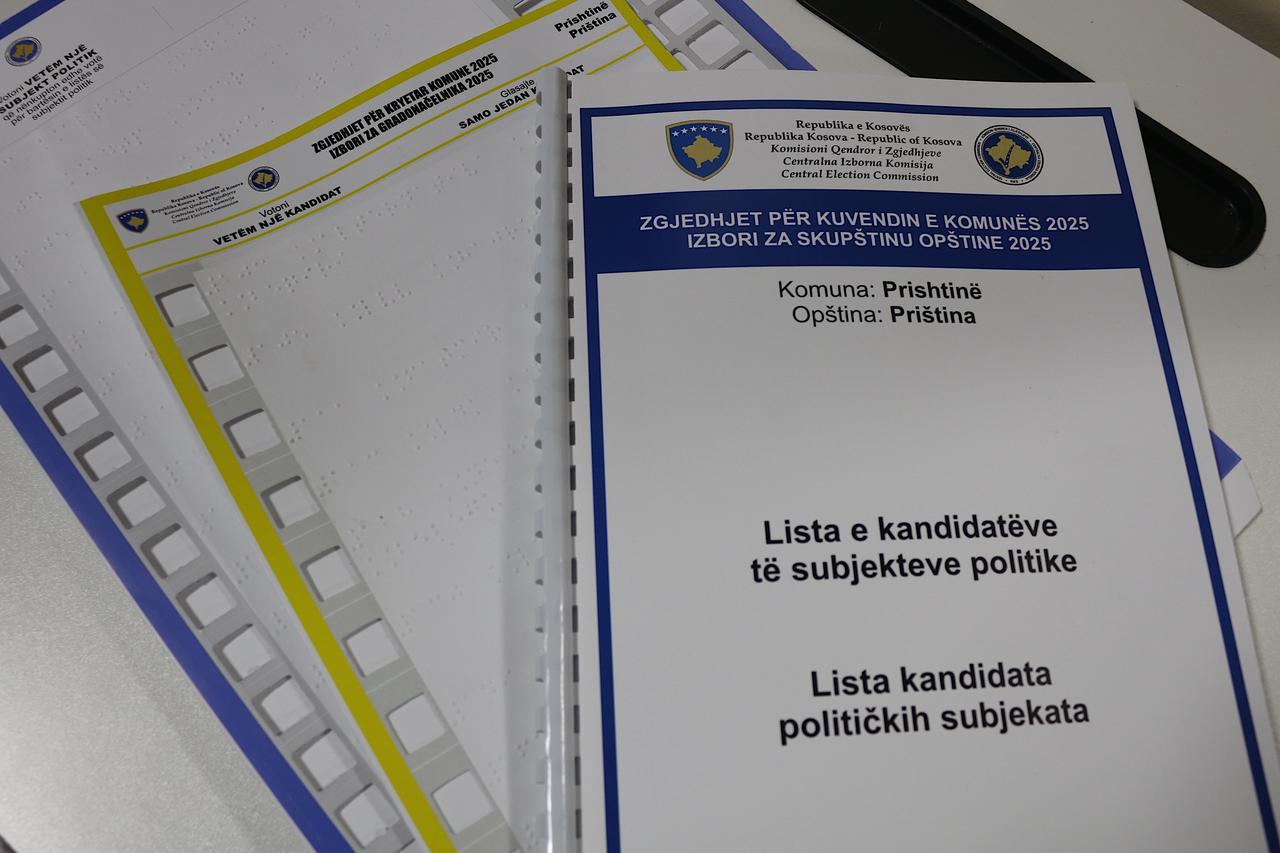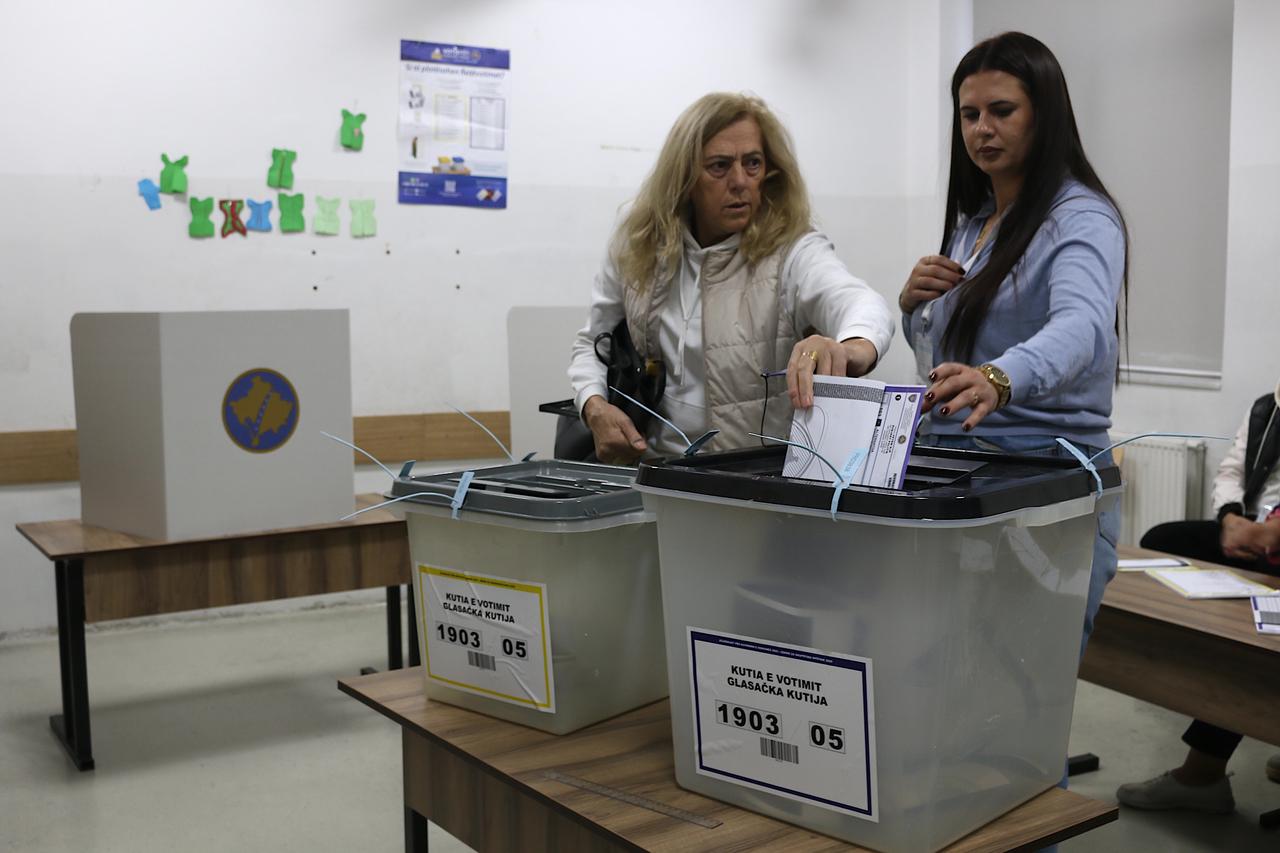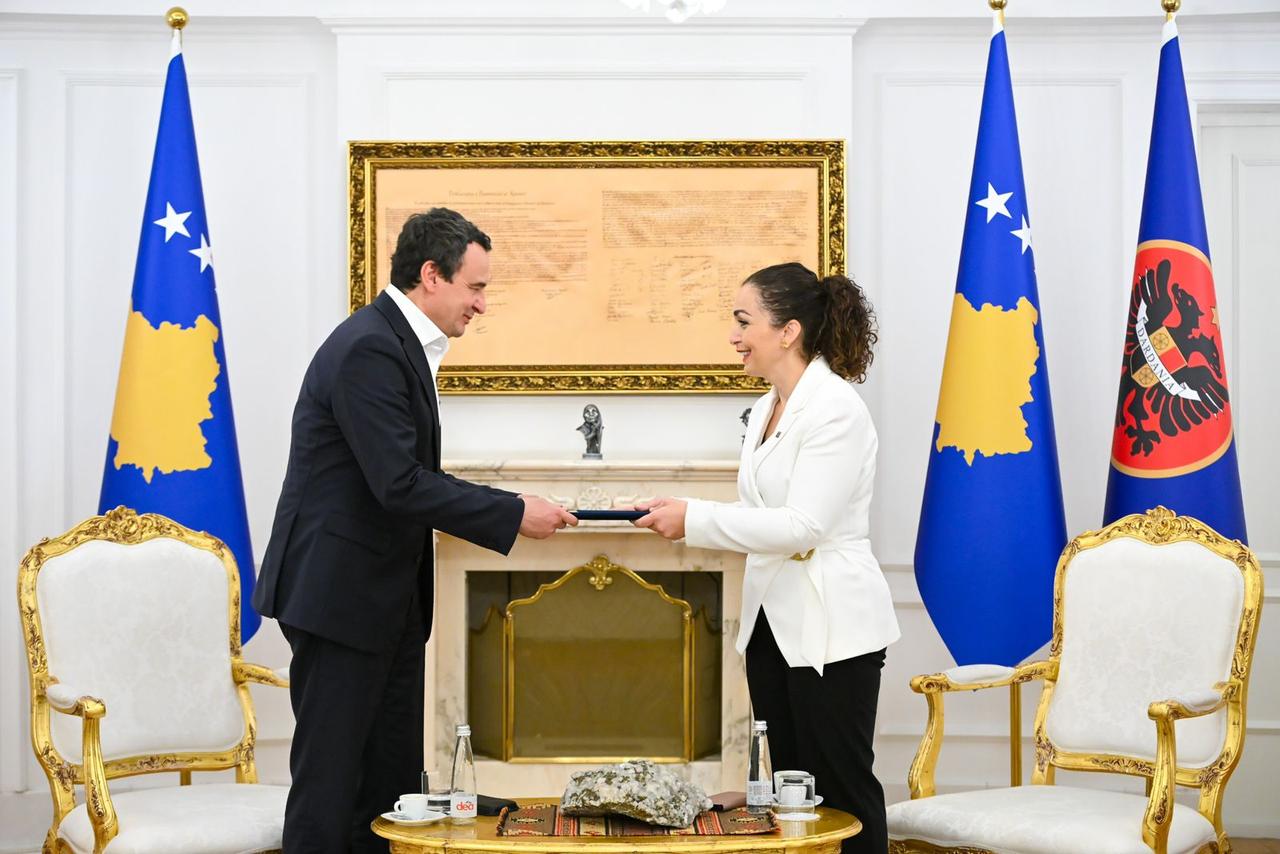
Voters across Kosovo headed to the polls Sunday to elect mayors and municipal council members, marking the country’s eighth municipal elections since declaring independence in 2008.
Voting began at 7:00 a.m. local time and will continue until 7:00 p.m., with 2,069,098 registered voters eligible to cast ballots at 2,625 polling stations across 948 centers.
The Central Election Commission (KQZ) said an additional 43,993 voters living abroad registered to vote by mail.
Local elections, held every four years, will determine 38 mayors and members of municipal councils.
A total of 5,626 candidates are competing—206 running for mayor and the remainder for municipal council seats.
Among Kosovo’s Turkish political parties, the Kosovo Democratic Turkish Party (KDTP), Innovative Turkish Movement Party (YTHP), Kosovo Justice Turkish Party (KATP), and Mamusha People’s Movement (MHH) are fielding candidates for mayoral and municipal positions across several regions.
The elections in four northern municipalities, where ethnic Serbs form the majority, carry particular significance amid lingering tensions between the Serb and Albanian communities.
The KQZ is expected to announce preliminary, unofficial results before midnight. The previous local elections were held in 2021.

Meanwhile, Kosovo’s Parliament on Friday ended an eight-month political deadlock by electing its full leadership, including a representative from the ethnic Serb minority, paving the way for the formation of a new government.
Although the Parliament had elected a speaker and other leaders in August, it failed to appoint one Serb representative, as required by the constitution.
In Friday’s vote, Nenad Rasic from the small Serb party For Freedom, Justice and Survival was elected deputy speaker with 71 votes in favor. All nine lawmakers from the Serb List (Srpska Lista) voted against, while 24 lawmakers from two right-wing Albanian parties abstained.
Srpska Lista, which holds nine of the 10 seats reserved for Serbs, is widely seen as aligned with Serbian President Aleksandar Vucic and his government in Belgrade—a relationship viewed by many Kosovo Albanians as a potential source of tension.

The breakthrough followed a Constitutional Court ruling on Wednesday urging lawmakers to resolve the stalemate within 12 days.
The impasse began after inconclusive general elections on Feb. 9, in which the ruling Self-Determination Movement (Vetevendosje!), led by acting Prime Minister Albin Kurti, won 48 seats in the 120-member Parliament, down from 58 in the previous term—short of the 61-seat majority needed to govern alone.
Kosovo President Vjosa Osmani has already authorized Kurti to form a new government, in line with her constitutional powers.
Under the constitution, Kurti has 15 days to present his government’s structure and program to Parliament for approval.

According to official results from the Feb. 9 election, Vetevendosje secured 48 of the 100 seats allocated to the Albanian majority.
The Democratic Party of Kosovo (PDK) won 24, the Democratic League of Kosovo (LDK) took 20, and the AAK/NISMA coalition won 8.
Among the 20 minority seats, distribution was as follows:
To secure a governing mandate, Kurti must win at least 61 votes in the confidence vote.
A functioning government is urgently needed to address economic challenges and restart EU-facilitated talks on normalizing relations with Serbia.
The 1998–99 war in Kosovo left around 11,400 people dead, mostly ethnic Albanians.
A 78-day NATO air campaign ended the conflict and forced Serbian troops to withdraw.
Kosovo declared independence from Serbia in 2008 and is recognized by 119 countries, including Türkiye, though Serbia still claims the territory as part of its sovereign land.
Areas in northern Kosovo, near the Serbian border, remain heavily populated by ethnic Serbs.